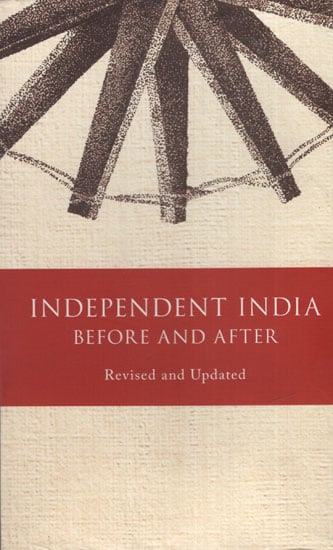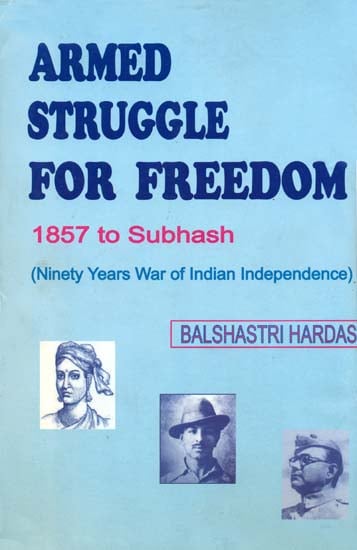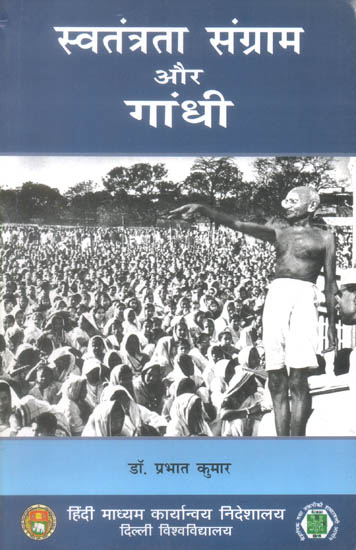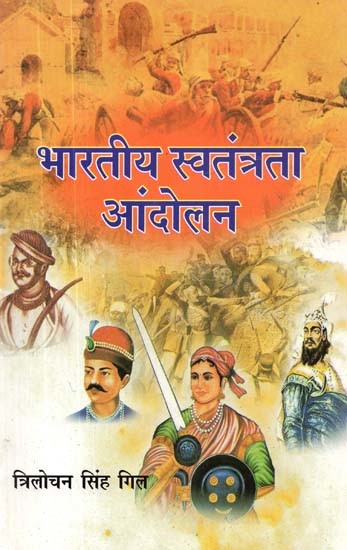Exploring the Connection Between Independence Day and Patriotism Today in India
 |
| Independent India Before and After Revised and Updated |
Independence Day holds immense significance in India as it commemorates the country's liberation from British colonial rule on August 15, 1947. Over the years, it has evolved into a day that symbolizes patriotism, unity, and the nation's progress. The connection between Independence Day and patriotism remains strong, reflecting the collective pride of the Indian people in their hard-fought freedom and their commitment to the nation's growth.
Historical Context:
The struggle for India's independence was characterized by the sacrifices of numerous leaders and citizens who fought valiantly against oppression. This historical context instilled a sense of pride and determination that continues to resonate with the Indian populace. Independence Day serves as a reminder of the sacrifices made by those who came before, reinforcing a sense of national identity and unity.
 |
| Armed Struggle for Freedom - 1857 to Subhash (Ninety Years War of Indian Independence) |
Modern Patriotism:
Today, patriotism in India is manifested in various forms. Citizens express their love for the country through cultural events, flag-hoisting ceremonies, and displays of national symbols. Social media platforms play a pivotal role, allowing people to share their patriotic feelings and engage in discussions about India's progress. Patriotism has evolved beyond mere symbolism to encompass an active engagement with the nation's growth and development.
Celebrations and Symbolism:
Independence Day celebrations are marked by flag-hoisting ceremonies across the nation, from schools to government institutions. The tricolor flag, a symbol of unity and diversity, holds great significance. Patriotic songs and speeches evoke emotions of pride and unity, fostering a sense of belonging among citizens. The connection between the symbolism of the flag and the feeling of patriotism is deeply ingrained in the Indian psyche.
 |
| स्वतंत्रता संग्राम और गांधी: Mahatma Gandhi and The Independence Movement |
Educational Significance:
Schools and educational institutions play a crucial role in shaping the younger generation's understanding of patriotism. Through lessons on the nation's history, freedom struggle, and the sacrifices of leaders like Mahatma Gandhi and Subhas Chandra Bose, students are exposed to the values that underpin the nation's progress. Independence Day celebrations in schools reinforce these values and kindle a sense of responsibility toward the nation's future.
Challenges and Opportunities:
While Independence Day continues to inspire patriotism, challenges such as social divides, regional disparities, and political differences persist. However, these challenges also provide opportunities for citizens to come together and work towards a stronger, more inclusive India. Grassroots initiatives, community service, and social awareness campaigns are avenues through which modern patriotism can flourish.
 |
| भारतीय स्वतंत्रता आंदोलन- Indian Independence Movement |
Conclusion
The connection between Independence Day and patriotism in India remains deeply rooted in the country's history, culture, and people's collective consciousness. As the nation progresses, the significance of this day continues to evolve, with patriotism taking on multifaceted expressions. Ultimately, Independence Day serves as a reminder of India's journey toward freedom and a source of inspiration for citizens to contribute to the nation's growth, unity, and prosperity.
Comments
Post a Comment